Plastic Free July
Join us, and others around the world, as we work toward a Plastic Free July. According to plasticfreejuly.org, Plastic Free July® is a global movement that helps millions of people be part of the solution to plastic pollution – so we can have cleaner streets, oceans, and beautiful communities. Will you be part of Plastic Free July by choosing to refuse single-use plastics?
Throughout the month of July, we will be posting ideas of how we can all take some small steps in reducing our use of single-use-plastics.
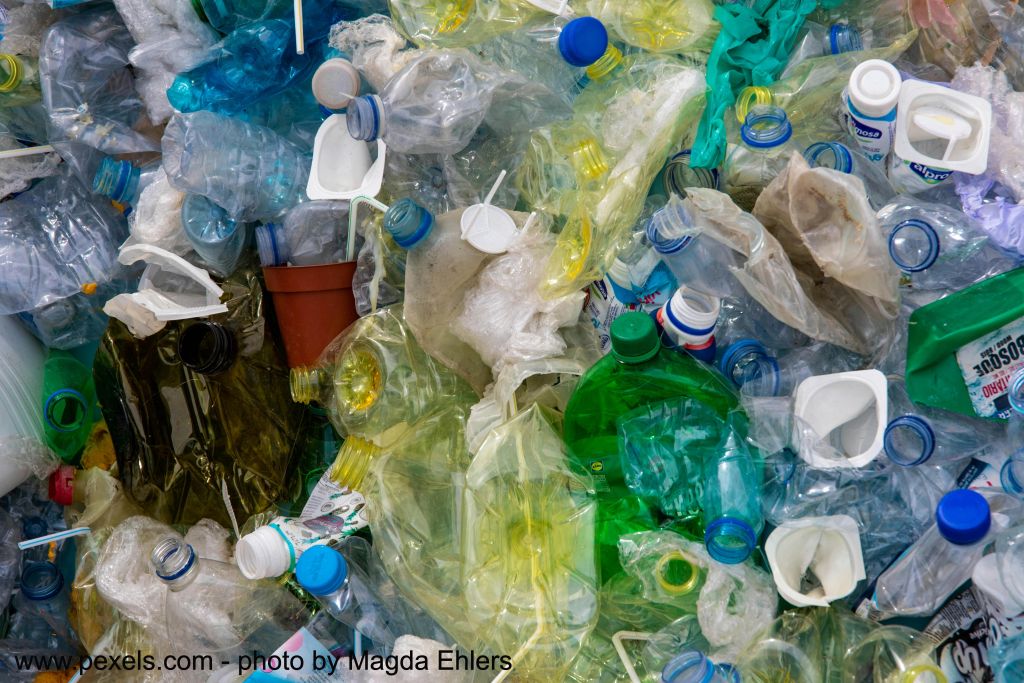
A Prayer for our World
Creator God,
Our world is hurting. Our actions have caused this hurt … through war and destruction, pollution and climate change, and we know we need to make a change. Guide us Lord, that we may change our ways, replacing excess consumption and devastation with justice and sustainable living. May we bless and nurture our relationship with one another and our common home. Together, care for creation so all have a place to flourish. Amen.
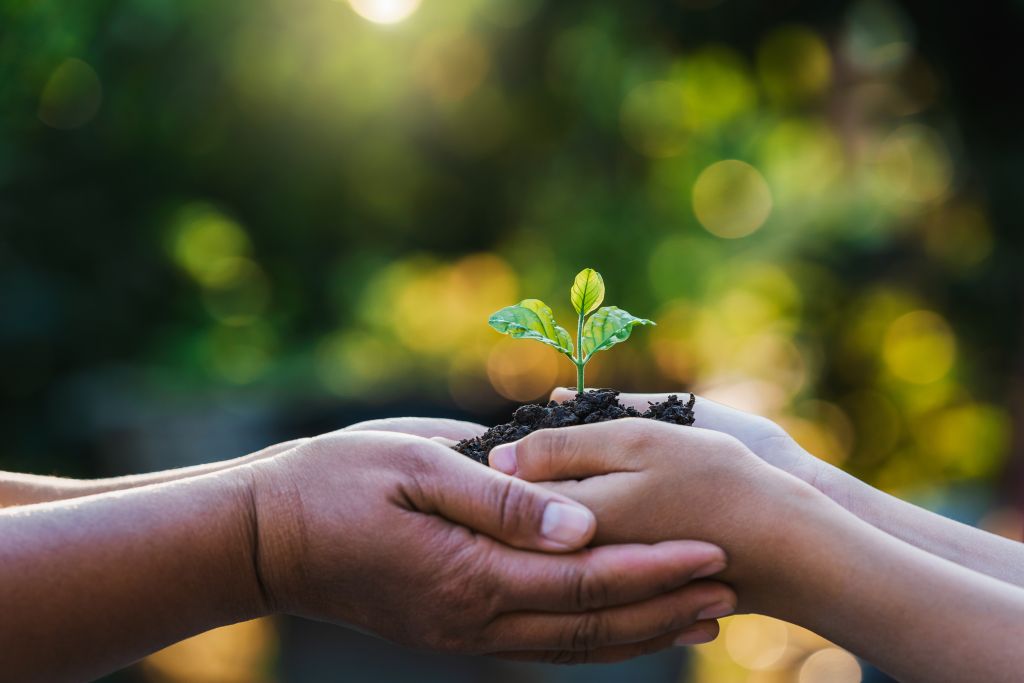
Let’s continue reducing our Plastic Free usage
We thank you for joining us for Plastic Free July. We hope you discovered something new this past month and have implemented steps in reducing the use of single use plastics. We invite you to continue your efforts.
To learn other helpful tips in reducing our use of single-use plastics visit Plastic Free July
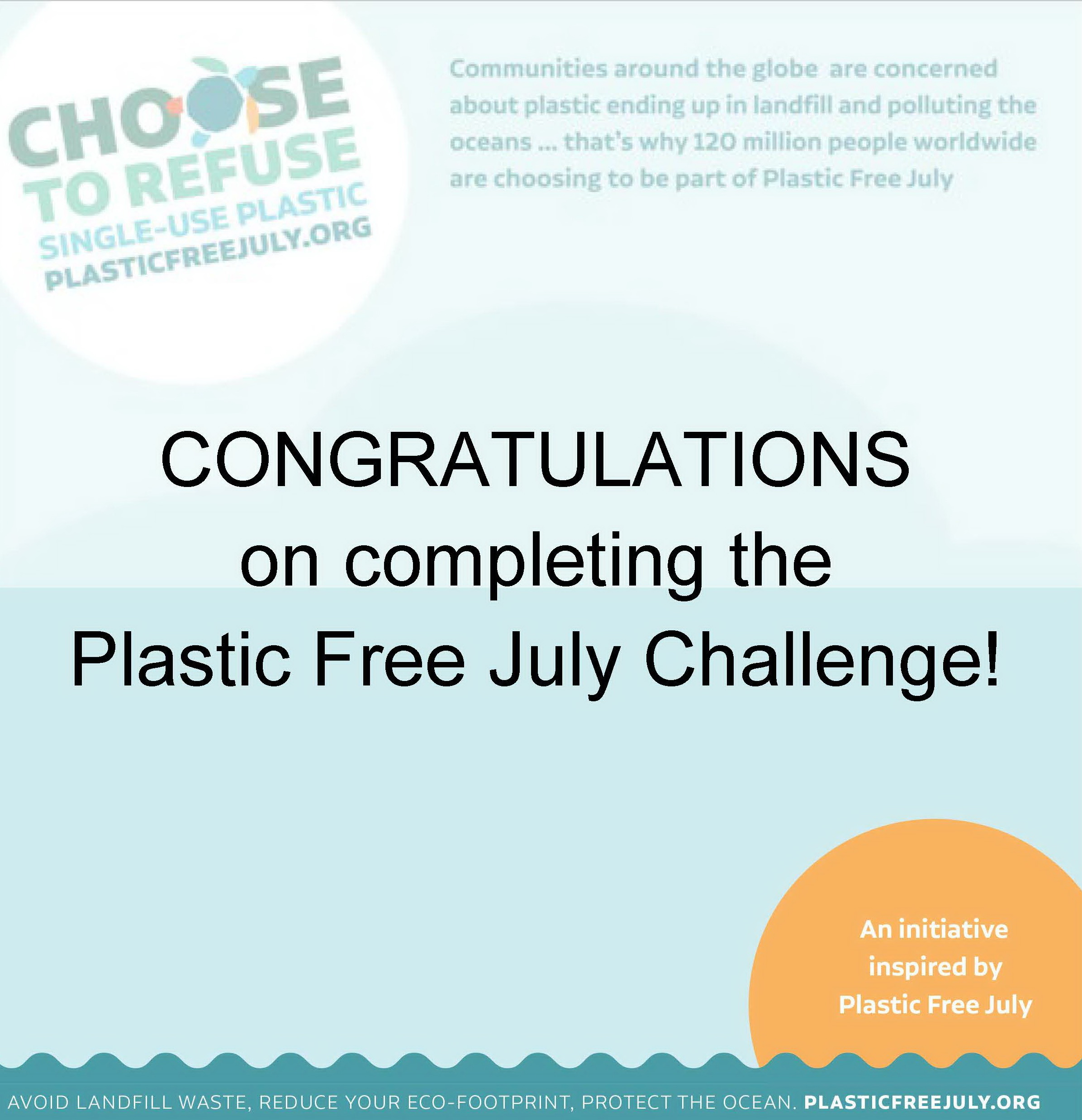
Using Laundry Sheets
One of the everyday things we all do is wash our clothes. Liquid detergents and tablets often come in one-time use plastic jugs. In working to reduce our use of plastics, a simple alternative would be to use laundry sheets. Each simple and small step we take is preserving our ever giving Earth for the next generation.
To learn other helpful tips in reducing our use of single-use plastics visit Plastic Free July
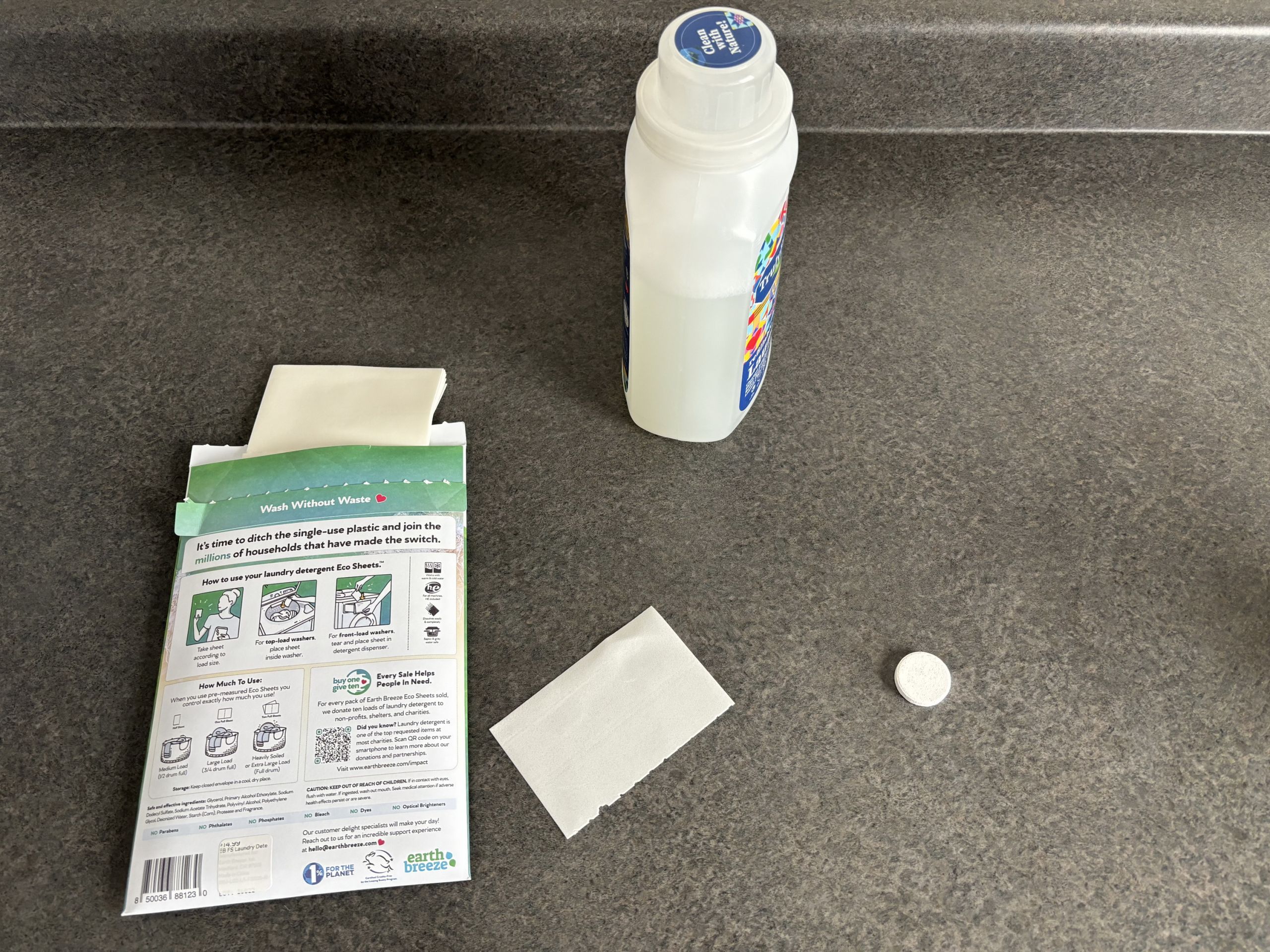
Single use Water Containers vs Reusable Options
As adults, most of us probably drink more water now than we ever have at any point in our younger years. How are you accessing the water you drink? Is it from a faucet or is it from a plastic container? How do you carry it with you? Choosing a reusable water bottle not only supports your own health, but also the health of the Earth by keeping excess plastics from entering your local environment.
Plastic Free July has ways to help you and also engage those around you in reusable water bottle practices. Click here for more information: Alternatives to plastic water bottles | Reusable water bottles (plasticfreejuly.org)
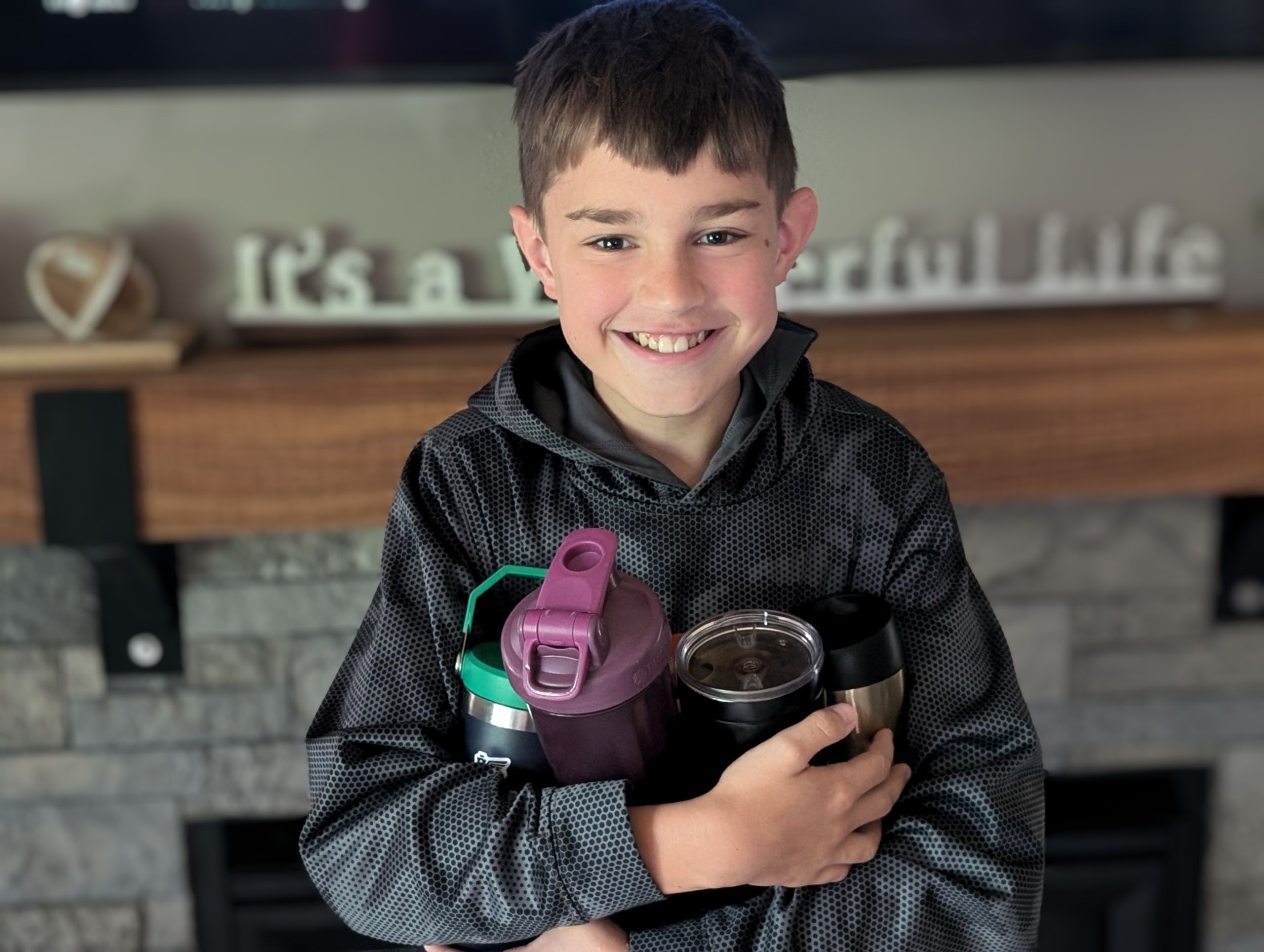
Reusable Mesh Produce Bags
This is the time of year many of us begin to visit the Farmers Markets in our local area. This is an opportunity to support local farmers and purchase their fresh produce. As you choose your produce, what are you putting it in … consider purchasing reusable mesh produce bag. Reusable bags are an investment in the environment and avoid contributing to plastic pollution. Plastic produce and grocery bags often end up joining the over 8 million tons of plastic bags (over 1 trillion bags) in the ocean. This month, whether at the grocery store or the farmers market, take steps to purchase produce without plastic.
To learn about additional ways to reduce one-time plastic use visit www.plasticfreejuly.com

Fossil Fuels and Plastics … What’s the connection?
99% of the plastics we use today are derived from fossil fuels, including natural gas and crude oil. Some plastics last for 500 years or more. Human exposure to plastics with these chemicals may cause hormonal imbalances, reproductive problems and even cancer. In addition, single-use plastic produced from fossil fuels emits great amounts of greenhouse gases into the atmosphere! Plastic production is further “fueled” by governmental subsidies given to fossil fuel companies.
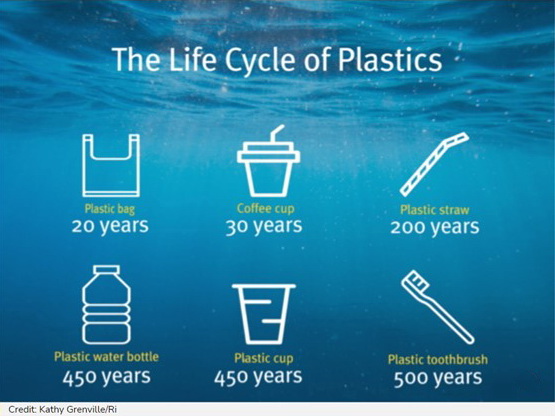
How is Plastic Free July going for you?
We are halfway through Plastic Free July and we want to hear from you. We invite you to share ways you have reduced using single-use plastics from your day. Have you encouraged others to join you along the way? Thank you for helping protect Mother Earth, not only today, but also for our next generation.
Click here to learn more about Plastic Free July: Plastic Free July
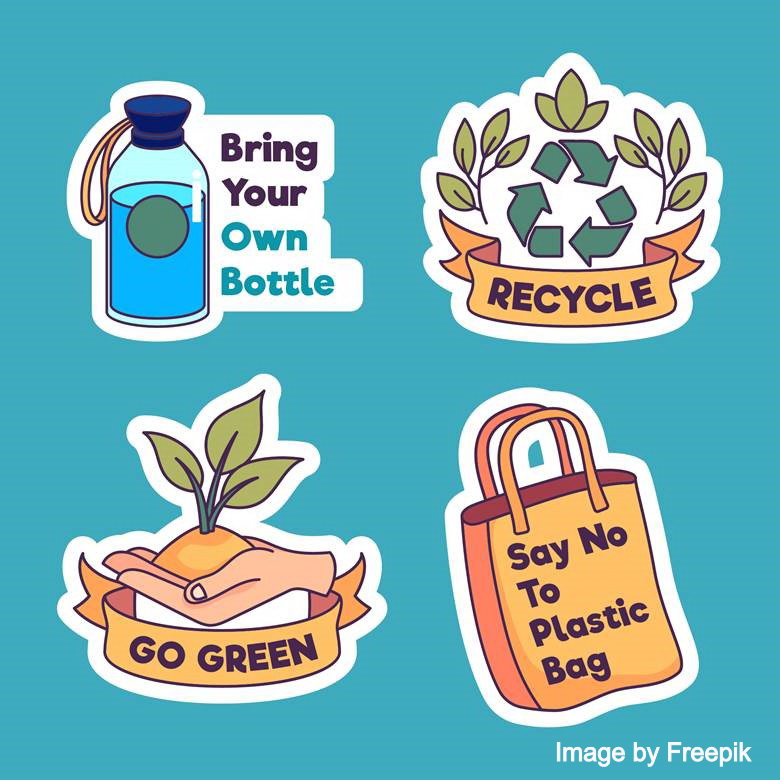
Packaged shower gels and bar soaps
In our homes, the bathroom is one of the most often overlooked spaces when it comes to finding ways to reduce single use plastics. Making a change from packaged shower gels and soaps to bar soaps is a simple way to make an impactful change. One additional benefit, bar soaps are often made with fewer ingredients and are healthier for both you and your local environment!
Click here to learn more about how your shower habits can help you on your journey to a Plastic Free July: Get Involved – Plastic Free July
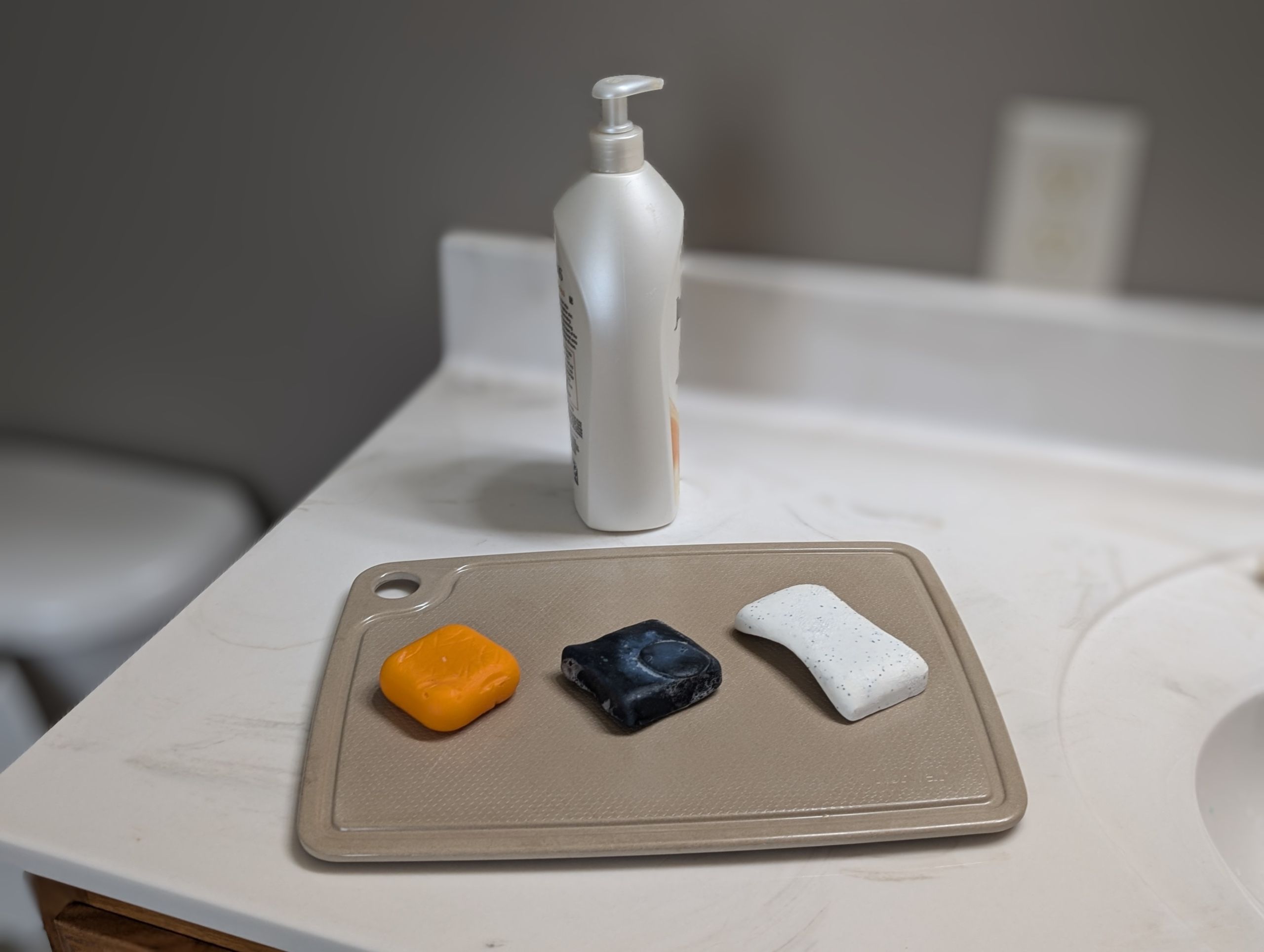
Impact of Clothing in our World
Clothes can be an environmental impact just like a plastic straw. Did you know that synthetic fibers such as polyester and nylon, shed tiny plastic fragments? Synthetic Clothing is one of the main contributors to microplastics. There is nothing stylish about that. Have you ever thought about buying timeless pieces made from natural fibers? It is a powerful way to support more sustainability in reducing microplastics in the environment.
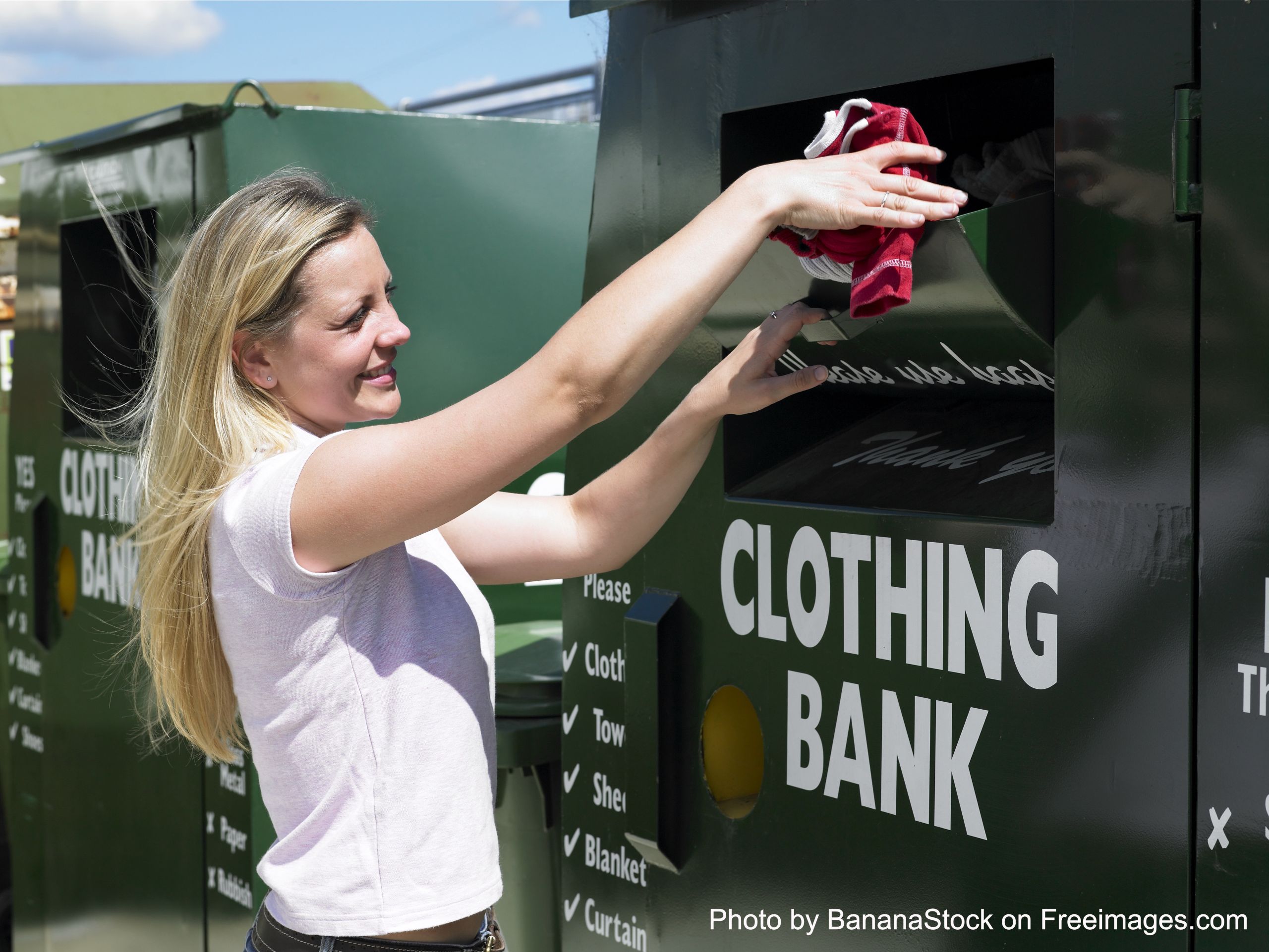
Impact of Fireworks
Our nations birthday celebration, the July 4th holiday, is just around the corner! During this holiday many of us take part in setting off fireworks or watching large displays around our hometowns. Have you ever paused and considered the environmental impact of all those “booming” celebrations?
Click here to learn more about the impact fireworks have on our local environments: The Environmental Impact of Fireworks | Earth.Org

As we begin Plastic Free July, there are many things we each can do. We don’t have to completely rid our home or workplace from plastic. Even small steps can have an impact. We begin by taking this online quiz to learn more about our own personal use of plastic and how we each can be part of positive change. Eliminate one plastic habit at a time.
We invite you to learn more about Plastic Free July, ways to participate, and why it matters by visiting these additional websites: